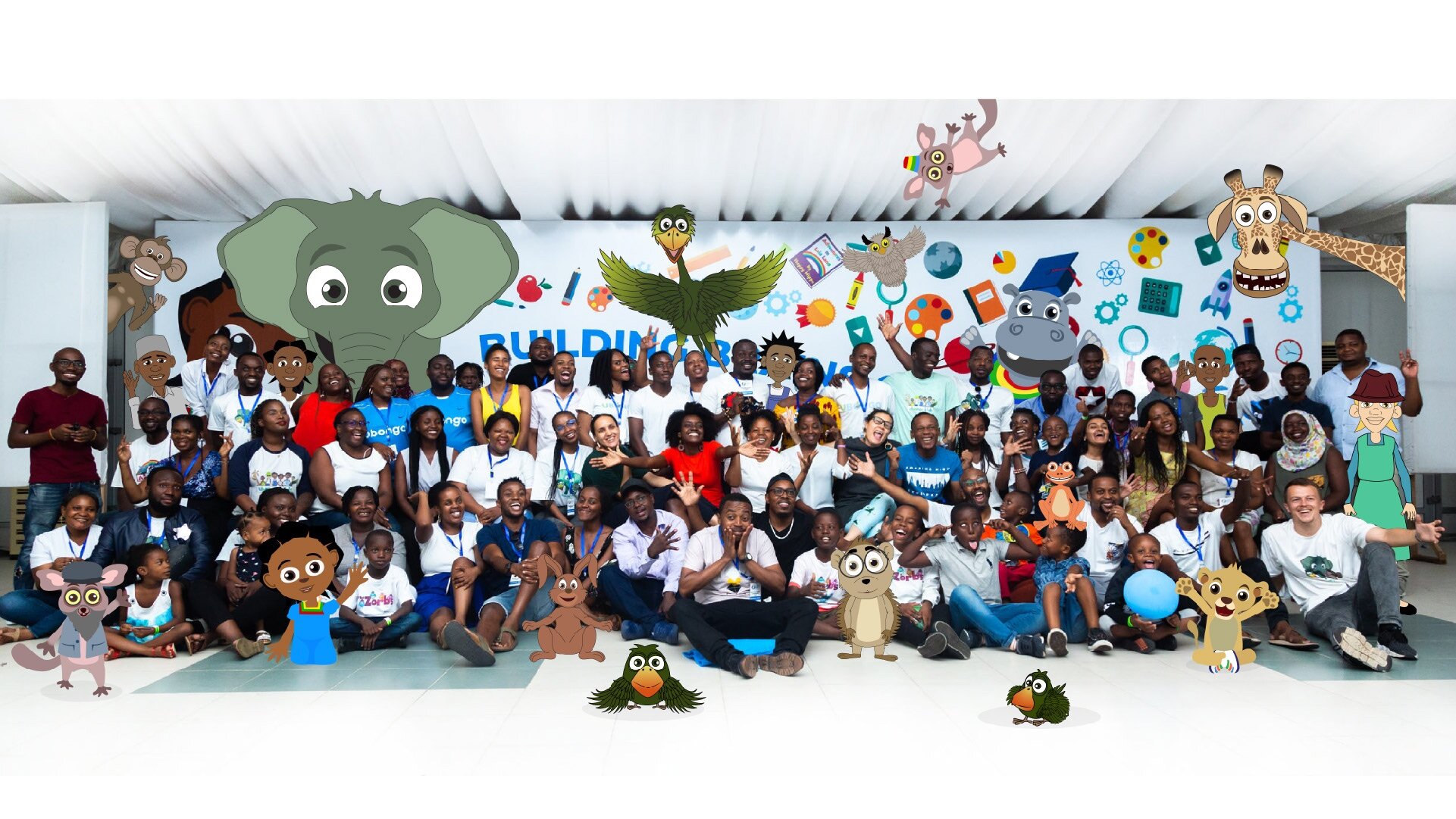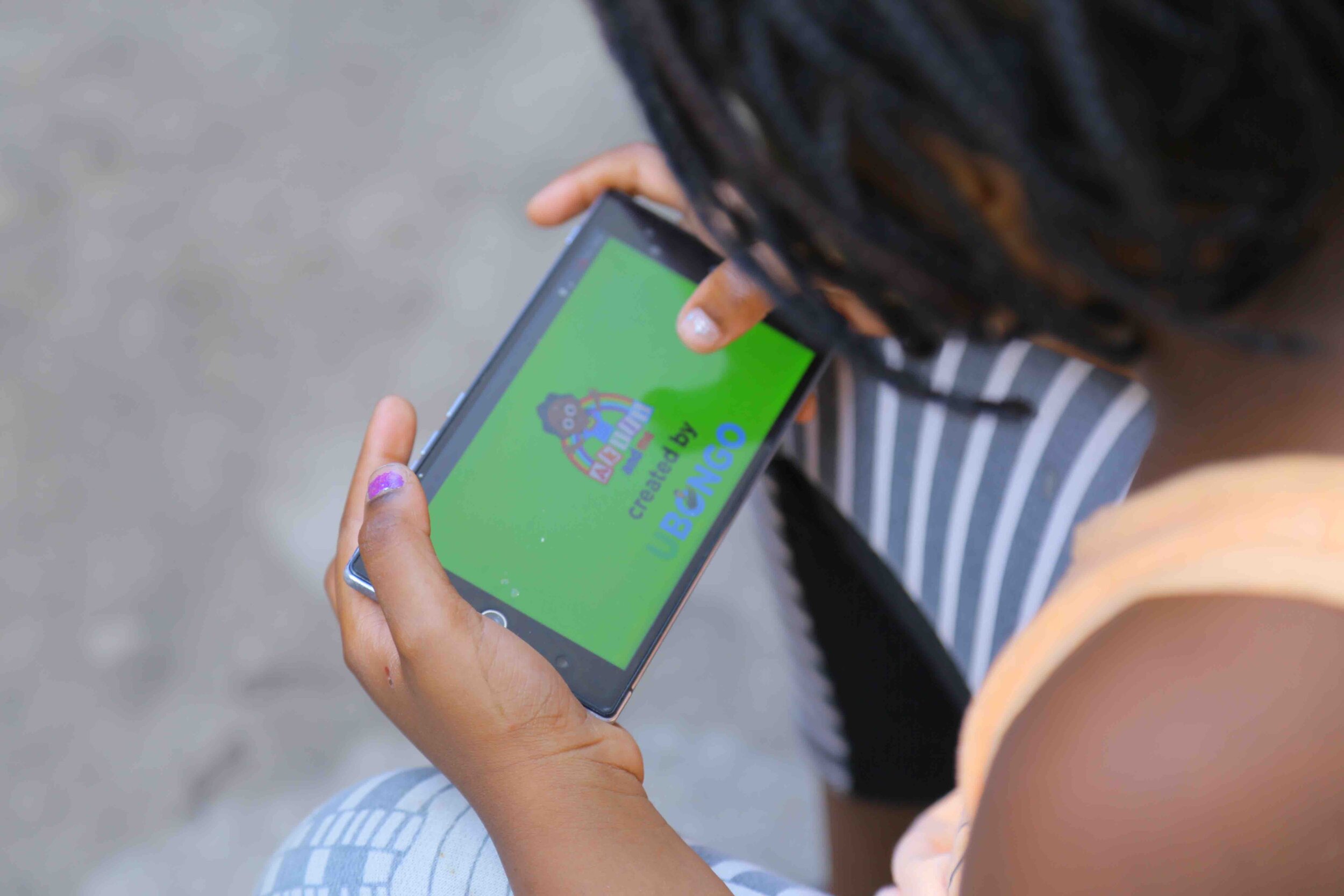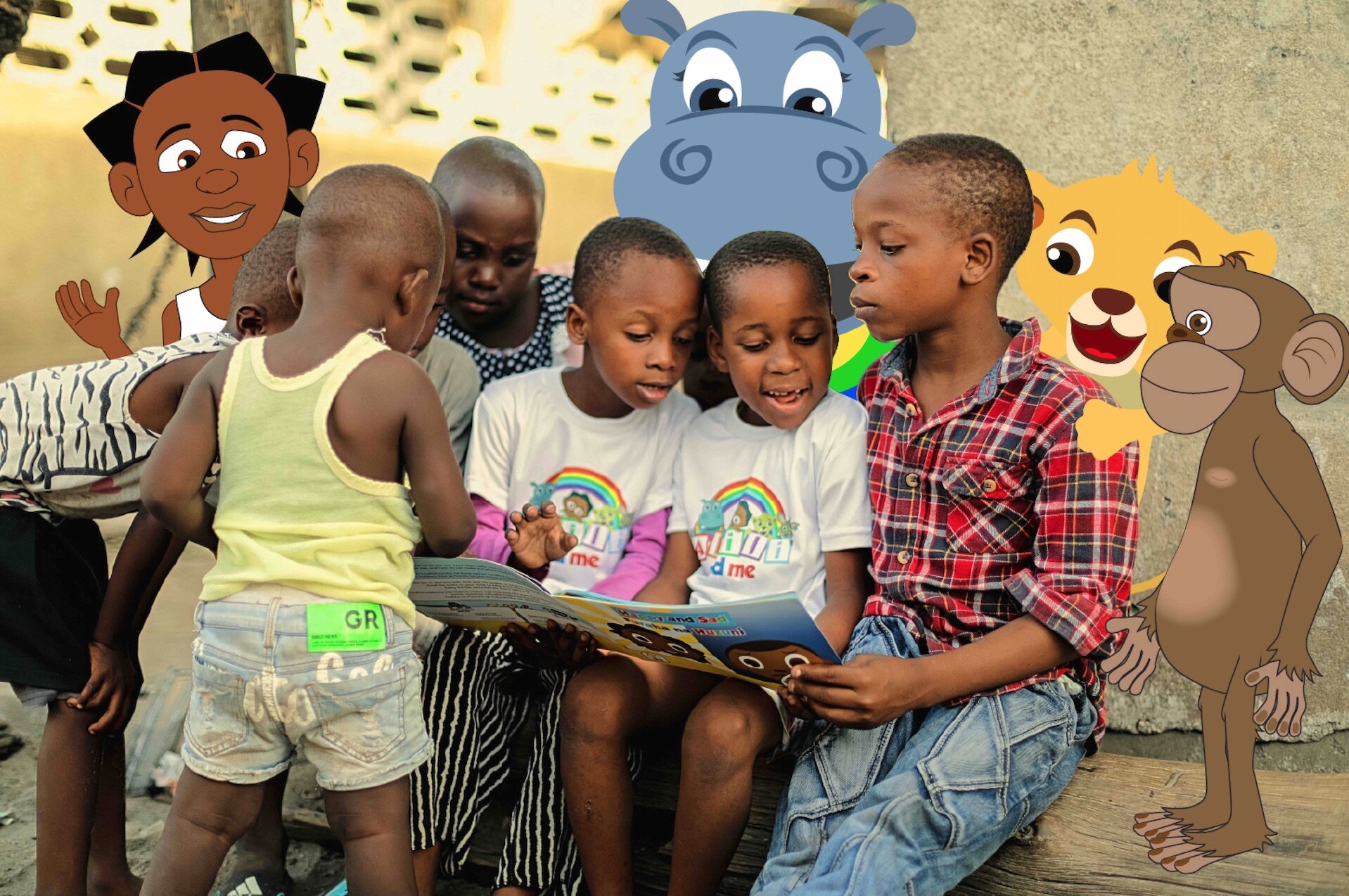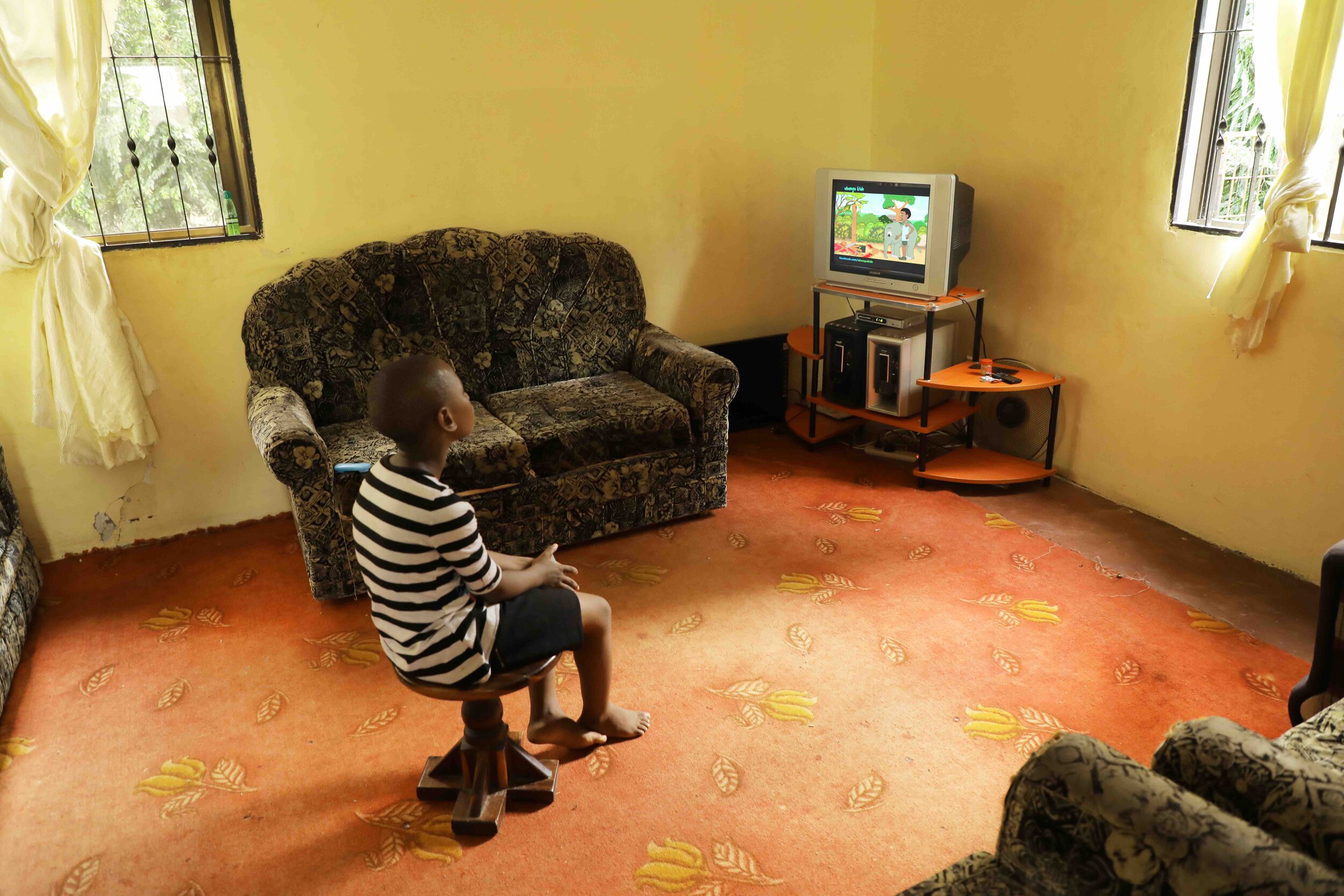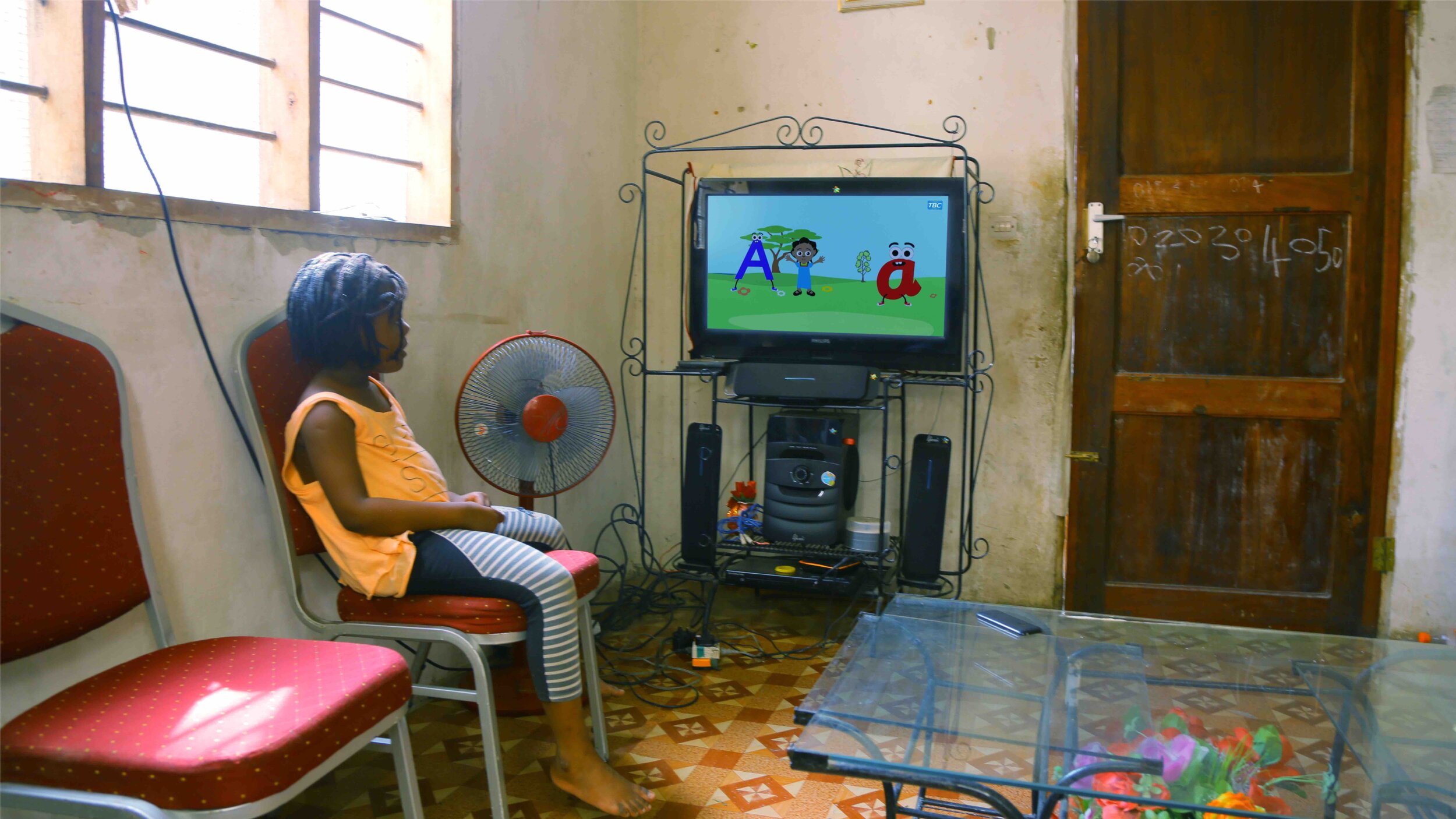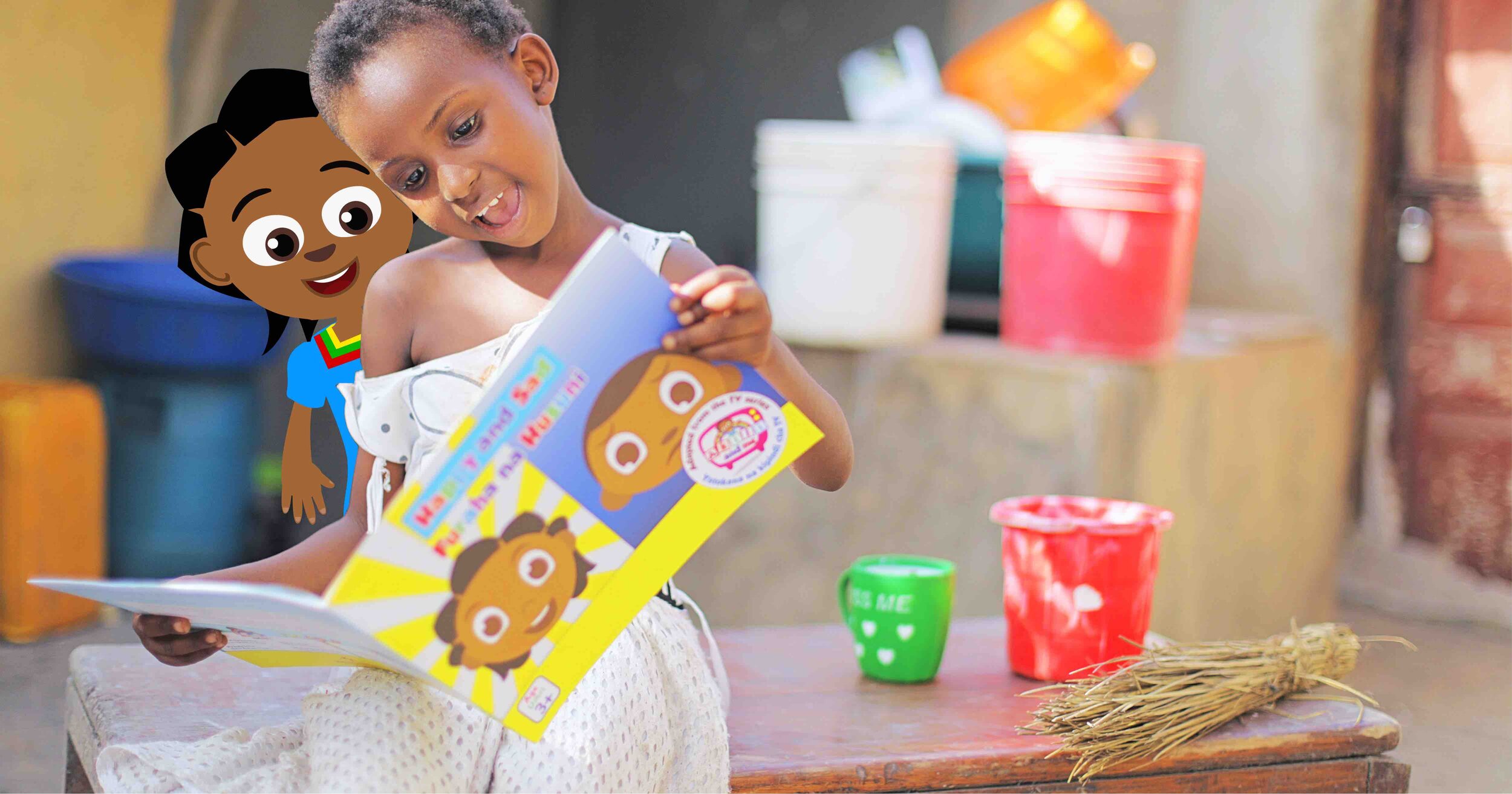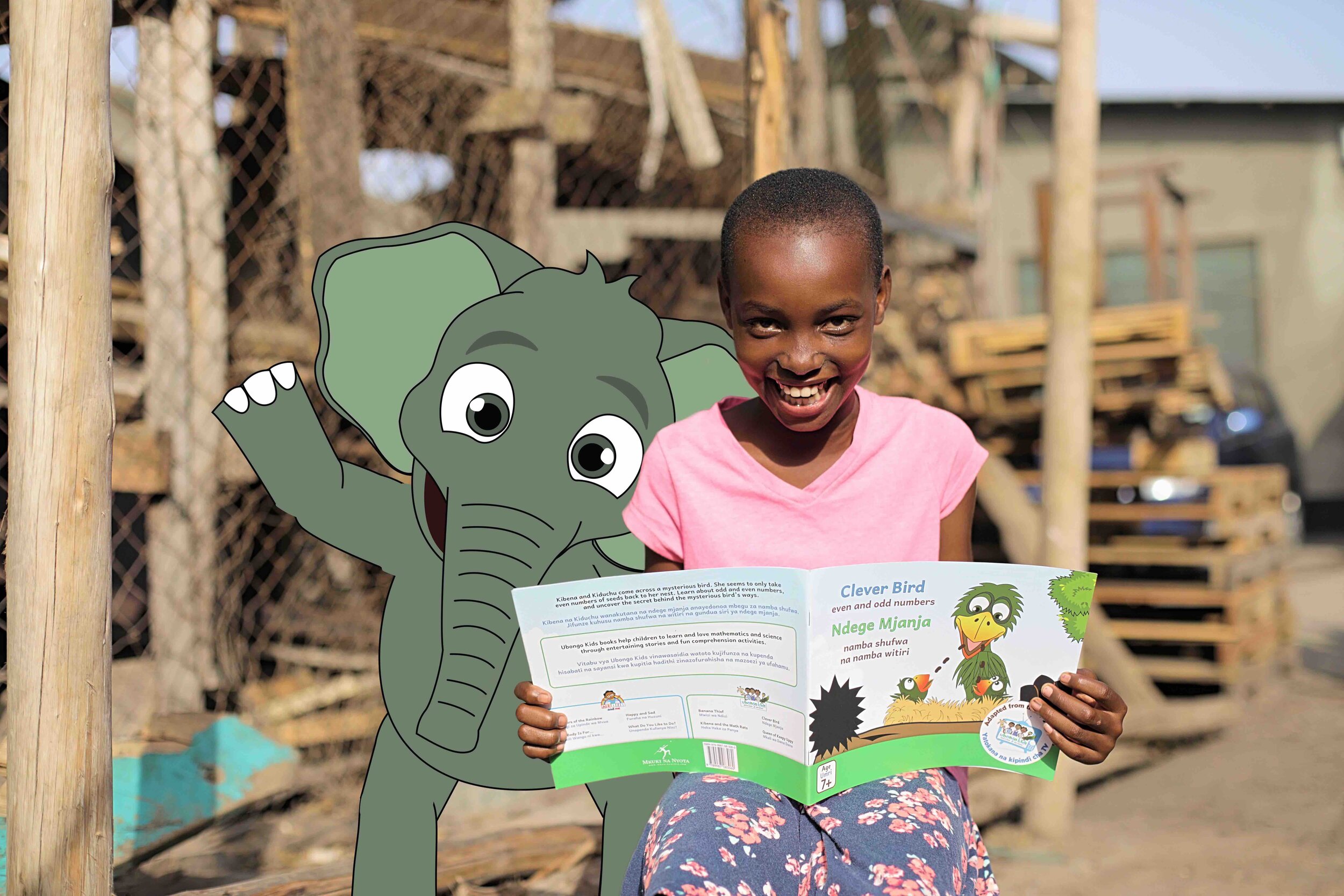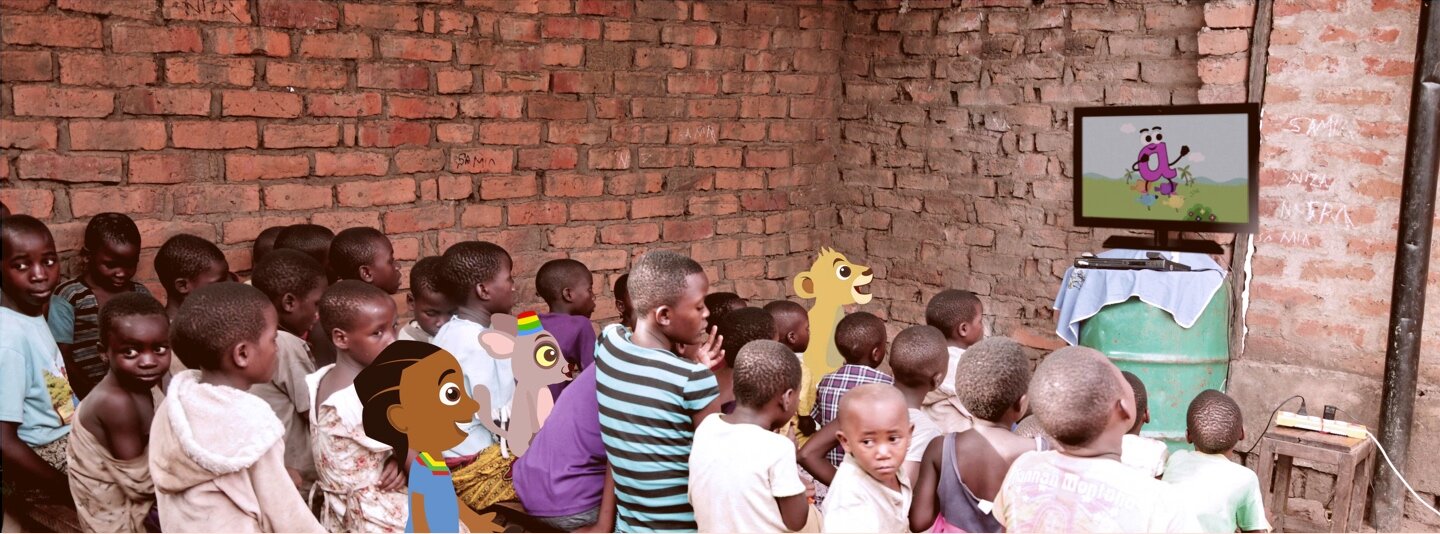LIONESS WEEKENDER COVER STORY
Ubongo, a Pan-African social enterprise creating localized edutainment for kids in Africa
Nisha Ligon is the co-founder and CEO of Ubongo, a Pan-African social enterprise that creates edutainment for kids in Africa. Nisha is a social entrepreneur with a background in media and science, and a passion for education. Before co-founding Ubongo, she was a media producer who created content for the BBC, the Guardian, online learning platforms and award-winning documentaries. She was part of the team who designed and launched Fuse School, and has also contributed to numerous e-learning initiatives across Africa. She studied at Yale University, University of Dar es Salaam, and Imperial College London, specializing in science media production.
Lionesses of Africa had the pleasure of speaking to Nisha to learn more about her unique entrepreneurial journey and the impact she is making to children’s lives in Africa.
What does your company do?
Ubongo is a pan-African social enterprise that creates localized edutainment to equip Africa’s kids to learn and use their learning to change their lives and communities. Ubongo’s edutainment leverages the reach of mass media and mobile technology, the power of storytelling, and rigorous kid-centered research to create and distribute free multilingual pan-African learning to kids ages 3-14. Our programs significantly improve school readiness and learning outcomes for kids, and also promote social and behavioural change for kids, caregivers and educators.
What inspired you to start your company?
When I studied at University in Dar es Salaam, I became really interested in education. It became clear to me that even the brightest students in the country didn’t have the same opportunities or access to learning that I knew. I started to see education as a multiplier: when you give people an education foundation you can create generational change.
My co-founders and I wanted to help kids in Tanzania and across Africa get access to fun, kid-centered learning that was both relevant to them and easily accessible without having to have lots of fancy technology. In 2013, we started collaborating to create songs and videos and animations together in Dar es Salaam to teach math, and testing them with kids to see if they’d like them. We realized that kids loved the approach and that by creating local language, fun edutainment, and broadcasting it on accessible platforms like radio and TV, we could easily reach kids across the country to help them both learn, and love learning.
Once we had a pilot of a TV show that kids really loved and wanted to watch again and again, we decided we needed to go all in and register an organization, to take it forward. We launched our first show, Ubongo Kids, on TV in 2014 and then grew to adapt our programs to different local languages, and becoming truly multi-platform, with learners joining us across TV, apps, radio, interactive voice response, and YouTube. Now, Ubongo is the biggest classroom in Africa with more than 24.6 million learners.
Why should anyone use your service or product?
Our core principle is to create top-quality, kid-centered, localized, modular educational content that can be received on whatever media devices kids already have. When we started that was radio, TV and SMS. Now we also have a strong audience watching online and listening to our shows on mobile phones too.
We invest time and research into human-centered design to create formats and stories because it is storytelling, not technology, that is core to helping kids learn. We test our stories early and often with kids, to make sure that they’re really engaging, and then we develop them into media for different platforms like video, audio and books.
Tell us a little about your team
Ubongoers are lifelong learners. We see challenges as opportunities to learn, and we are committed to find better ways to work, create and deliver results. At the onset of the COVID-19 pandemic, Ubongoers were forced to fully embody the skills and mindsets that we encourage in kids through our work. We’ve had to be resilient, creative problem solvers, and curious… we’ve had to keep learning, ask questions, and work together… and above all else, we’ve had to lead with empathy, practice gratitude, and live life with purpose. More than ever before, we relied on our core values “Ubongoers Principles” to guide our path, and it was only by “owning it,” “failing fast and failing forward,” “having a growth mindset,” and other Ubongo values which we will share, that we were able to not only survive during one of the most challenging periods in human history, but thrive.
Share a little about your entrepreneurial journey. And do you come from an entrepreneurial background?
I’m a social entrepreneur with a background in media and science, and a passion for education. My previous work includes producing science, technology and education content for the BBC, the Guardian, London Science Museum, directing award-winning documentaries, and helping develop online learning platforms. I led content design and development for the Fuse School, an open educational video platform that’s helped millions of global learners with math and science. I have a B.S. in Biology from Yale and MSc. in Science Media Production from Imperial College London, and also studied at the University of Dar es Salaam, Tanzania - experiences that have instilled a strong commitment to research backed and driven development.
What are your future plans and aspirations for your company?
Our vision is to be Africa’s leading creators of effective and inclusive edutainment. We’re setting ambitious goals to make effective edutainment freely accessible to kids in all countries in Sub-Saharan Africa, growing an industry-leading Pan-African team and culture and, inclusively scaling our impact to reach 60 million kids by 2025!
What gives you the most satisfaction being an entrepreneur?
Since co-founding Ubongo in 2013, I’ve focused on doing whatever it takes to get our products made, tested, and released - from acting as lead visionary to being a screenwriter and fundraiser. I’m someone who loves to do things like read every relevant paper on early literacy acquisition, create and test a dozen prototypes (including embarrassing puppet shows), and translate that into a format for a new TV segment. This has helped me to position Ubongo on the cutting edge of educational and behavior change media.
What's the biggest piece of advice you can give to other women looking to start-up?
Ask yourself whether the problem you are seeking to solve is so important to you, that you're willing to focus the next decade of your life on it. If the answer is yes, then you're ready and you've got what it takes. Jump right in and don't look back!
To find out more about the work of Ubongo, contact Nisha Ligon via email: nisha@ubongo.org or visit the Ubongo website and on social media:
